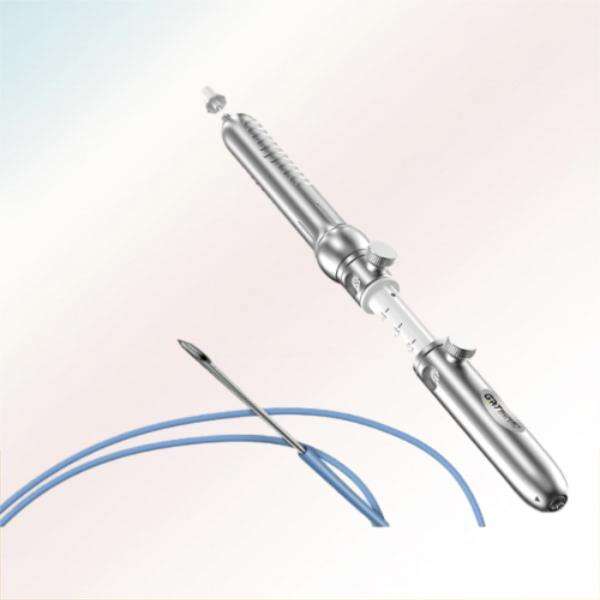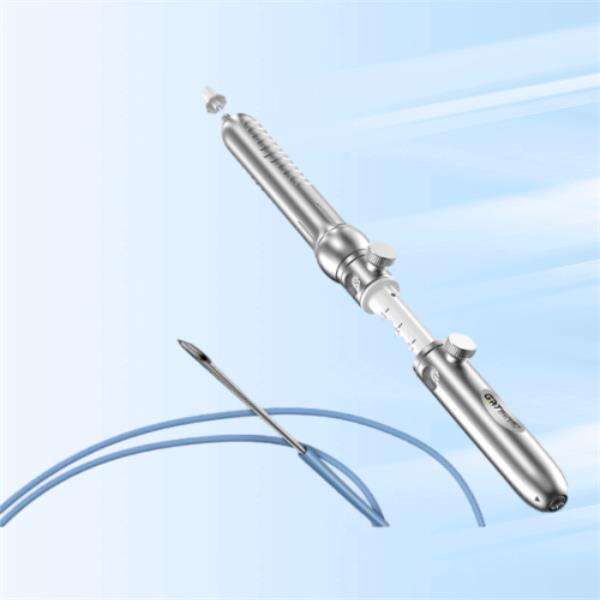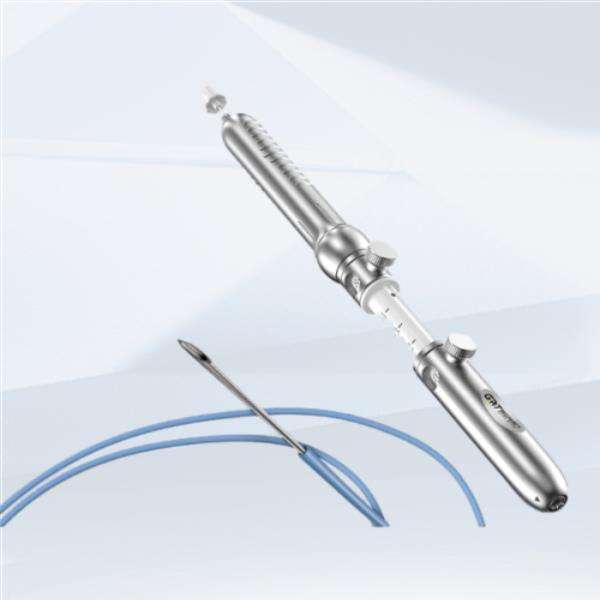Snare polyps are small and easy to miss, as they often do not cause symptoms. One thing in common is that people who get them may not noticeable have any changes or symptoms at all. However, when left untreated these growths can develop into much worse conditions including cancer. That is why you must realize the dangers of letting non electrical snares go unchecked and what you can do to prevent them from turning into dangerous.
Left untreated, snare polyps can result in major health problems. They could eventually mutate into cancer, which is obviously not good for anybody. Colorectal Cancer is one of the most predominant type of cancer worldwide and it poses as a major reason for leading cause of cancer deaths. Remember that early detection and treatment are always your safest options from these risks!
You may have a knot of symptoms that could hold back that you envelop knotty more or less toilet habits, so much as incoming on the privy (constipation) or having past bounds chairs (diarrhea). Should some of these signs occur, you need to immediately refer yourself a doctor for further diagnosis and screenings. Taking early action can clearly save your health.
Snare polyps, fortunately, can be discovered and removed before they ever become cancer through regular colonoscopy. A colonoscopy is a test in which a doctor uses a small camera to look inside your colon. Unwanted growths can be identified and removed upon inspection. While this low-tech procedure is crucial for anyone 50 or older, those with risk factors can use it as a tool (Reference).

If doctors locate non electrical snares, they are often removed with a brief surgery. It can be done as an office procedure when a colorectal surgeon removes any growths found during screening and looks at them under a microscope to see if they are cancer or not. Doctors need to see your growths in order to know what treatment you might need.

Colonoscopy is the say to prevent spulg polyps. Particularly it is recommended for people older than 50 years, or those with a family history of colon cancer. Diet, exercise, and not smoking or drinking alcohol will also help. By living a healthy lifestyle, you will keep your colon — as well as the rest of your body — in good working order.

You should see a doctor if you experience any changes in your bowel movement (e.g. blood in the stool) and especially if there´s family members with colon cancer. Snare polyps can be detected and removed early through regular colonoscopies, so they do not turn into cancer. Don't forget that health is wealth and knowing these signs will help you maintain your well-being.
We employ an ERP system to snare polyp production accelerate development and aid our customers to enter the market quickly
snare polyp team's core is comprised of highly experienced professionals with years of experience and a strong ability to innovate. They also own the rights to their intellectual property.
More than 8,000 square metres of factory buildings that have been snare polyp, which ensures the quality of each product meets international quality standards.
To offer snare polyp effective and safe products that help patients recover their health, we offer a complete range of digestive, respiratory and urinary products.

